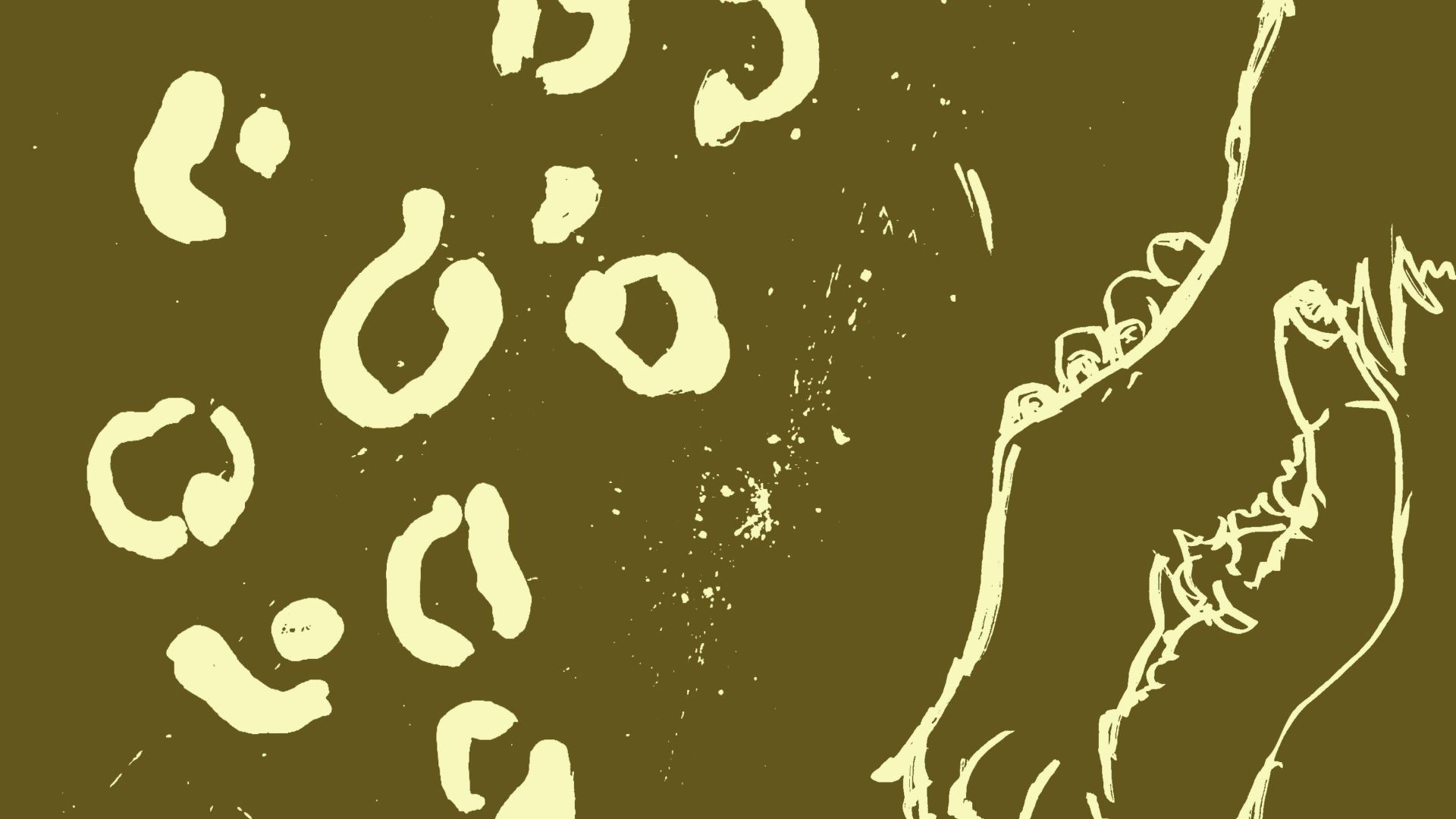Chouette (2021 – also French for ‘owl’) by Claire Oshetsky is one of the best books I have ever read, and is absolutely my favourite book of 2023. Anyone who knows me knows that I am a fan of all things 'female-rage’, particularly anything involving women embracing their primality through paralleling their lives with animals (shoutout to my favourite book of 2022; Nightbitch). Not only that, but I am a sucker for fantasy-realism. There is truly nothing better than reading a book where nothing is certain and reality is a dream-like blur and thinking “ok… what the fuck is going on”. This thought completely encompassed my entire journey through Chouette.
The plot follows a woman named Tiny, who after having a dream in which she is making love to a female owl, finds herself pregnant. Upon giving birth to this half-owl half-human baby, we learn that it has severe physical and psychological deformities, with its appearance and behaviour resembling that of an owl. While Tiny loves and embraces her owlet, her husband, whom Tiny refers to as a “dog-person”, only sees it as a problem that needs to be fixed, attempting to strip it of all bird-like qualities so that it may join him and his pack of dog-family. Now can you see why I had no clue what the fuck was going on?
While my recounting of the plot may seem absurd and confusing and too complicated to bother reading, I assure you that this is where most of the joy from reading Chouette comes from. What starts as merely a rambling spiel; a stream of consciousness thrown onto a page like Pollock’s paint on a canvas, it later serves to create the world of the text as it exists in reality. It then slowly turns into a whirlwind of dreams and hallucinations and paranormal experiences and synesthesia, leaving the reader to determine for themselves what is ‘real’ and what is only occurring in Tiny’s mind. The absolute peak of this, for me, would be when Tiny gives birth to Chouette and her birth defects are described, both through the way Tiny sees and describes her, and how the adults in the text (Tiny’s husband, in-laws, day-care owners, etc.) react to her appearance and behaviour. What Tiny describes as a beak, her husband describes as the absence of a nose, and when Chouette screeches, her father only hears a scream. Trying to create a complete image of Chouette in your mind is such a difficult, horrifying, and thrilling task, and this book will have you trying to wrap your head around reality as it exists to Tiny’s husband until you just give up and embrace Tiny’s reality (because honestly, it’s much more fun).
One of the most spectacular aspects of the book for me is Tiny’s connection to music. Tiny herself is a concert cellist and slowly begins to fall back in love with her career and instrument after giving birth to Chouette. Frequently throughout the novel Oshetsky references classical symphonies that are familiar to Tiny (while also having an index of all the music mentioned in chronological order at the beginning of the book in case the reader wants to listen along) as music she has either played or enjoyed. This music always relates to Tiny’s present state of mind or the situation around her. Personally, I love when authors relate the female experience to the art they create (which can also be seen in my favourite book in the whole world; Cat’s Eye) and how it becomes an extension of their subconscious desires. You’ll have to read the book to fully understand how Oshetsky uses it, because it truly is captivating.
One criticism I have of Chouette is its characterisation of Tiny. While she is our narrator and one of the few characters in the book with a name, her behaviour is still quite two-dimensional. It seems that at times she is annoyingly submissive, allowing everyone to call her Tiny (which might not even be her real name!) while poking fun at how she’s just this sensitive little woman who’s going through a bit of postpartum stress. However, instead of feeling empowered by the second-hand primality, maternal strength, and love that she receives from her owl-baby, she continues to remain painfully submissive–even when her husband attempts to convert her bird into a dog. There were honestly so many moments in this book where I felt like picking up Tiny by her shoulders, giving her a hard shake, and telling her to man the fuck up. For a book that centres entirely around Tiny’s descent into delusion, desire, depression and anger, there really should be a point where she breaks out of this stereotypically gentle female role, takes charge, and protects her baby, no matter the cost.
In conclusion, if you are a fan of feminism and magical realism then this is the book for you. The blended parallel between women and animals is such a unique and intriguing approach to feminism and female rage as it touches on the darker sides of the female experience that audiences and authors tend to stay away from. This harsh and subversive take on maternal love, the female experience, and the feminine response and connection to nature and animals is a riveting read and absolutely wins the title of my favourite book of the year.
I can’t wait to find my woman-gone-feral book of 2024.
Olivia's original stories can be found here in her blog.


 -
-